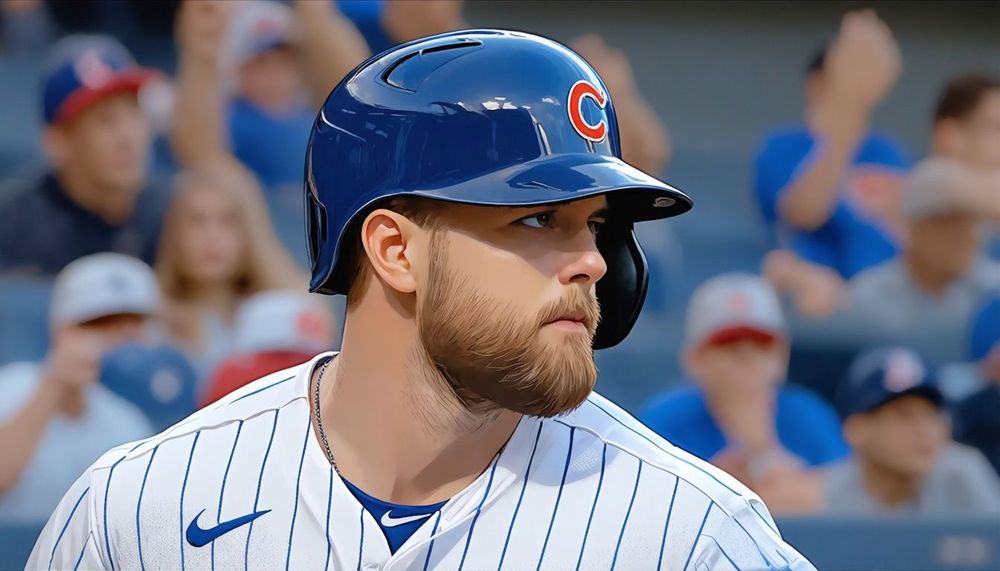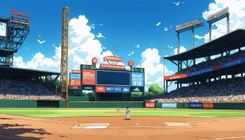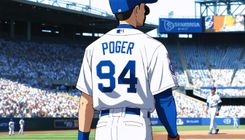MLB Commissioner Faces Pushback Over Salary Cap Discussions

MLB Commissioner Rob Manfred has been visiting clubhouses across the league to garner support for a salary cap ahead of upcoming negotiations for a new collective bargaining agreement. His recent discussions met with significant resistance from Philadelphia Phillies star Bryce Harper, who expressed strong discontent during a meeting with the commissioner. Harper reportedly told Manfred to leave the clubhouse if the focus was going to be on discussing the potential implementation of a salary cap.
While Manfred did not directly use the term 'salary cap,' he raised concerns regarding the economic state of Major League Baseball, which reportedly irked Harper. Manfred, in response, emphasized the importance of addressing challenges that could affect the growth of the sport and the league's business. His ongoing clubhouse visits are part of a broader effort to maintain relationships with players, but this particular messaging has attracted considerable attention, especially in light of recent reports regarding the state of player salaries.
In a report by Evan Drellich from The Athletic, it was noted that Manfred has aimed to exploit perceived divisions within the Major League Baseball Players Association (MLBPA) to promote the idea that a salary cap could benefit all parties. Manfred pointed out a significant decrease in revenue allocated to players, estimating that figures have fallen from 63 percent in 2002 to 47 percent today. Furthermore, he highlighted that the top 10 percent of players currently receive around 72 percent of the total payroll expenditures, though the methods for calculating this statistic were not clarified.
The MLBPA has expressed concerns that Manfred is leveraging the new Commissioner’s Ambassador Program, which includes 19 former players collaborating to enhance the sport's growth, to undermine the union's stance against a salary cap. Bruce Meyer, the MLBPA's deputy executive director, commented on the ethical implications of having former players represent the league in discussions with active players who are currently compensated by MLB. He questioned the appropriateness of this dynamic, given the historical context of the union's opposition to salary cap systems.
Reports suggest that the interaction between Manfred and Harper was intense, described as 'pretty intense, definitely passionate' by Phillies outfielder Nick Castellanos. Following the meeting, both parties shook hands; however, Harper opted not to return a subsequent phone call from Manfred, indicating underlying tensions.
As analysts delve into the landscape of Major League Baseball, there is growing speculation about the possibility of a lockout occurring when the current collective bargaining agreement expires at the end of the 2026 season. Such a scenario is partly fueled by the belief that team owners will advocate for the introduction of a salary cap. Notably, MLB is the only one of the four major men's sports leagues in North America that does not currently operate under a salary cap. Although penalties, such as the competitive balance tax, have been implemented to discourage excessive spending, teams often utilize these thresholds as justification for budgetary constraints. Should a lockout take place at the end of the current agreement, it would represent the second work stoppage for the league since the 1994-95 player strike, with the previous lockout lasting 99 days, from December 2, 2021, to March 10, 2022.









